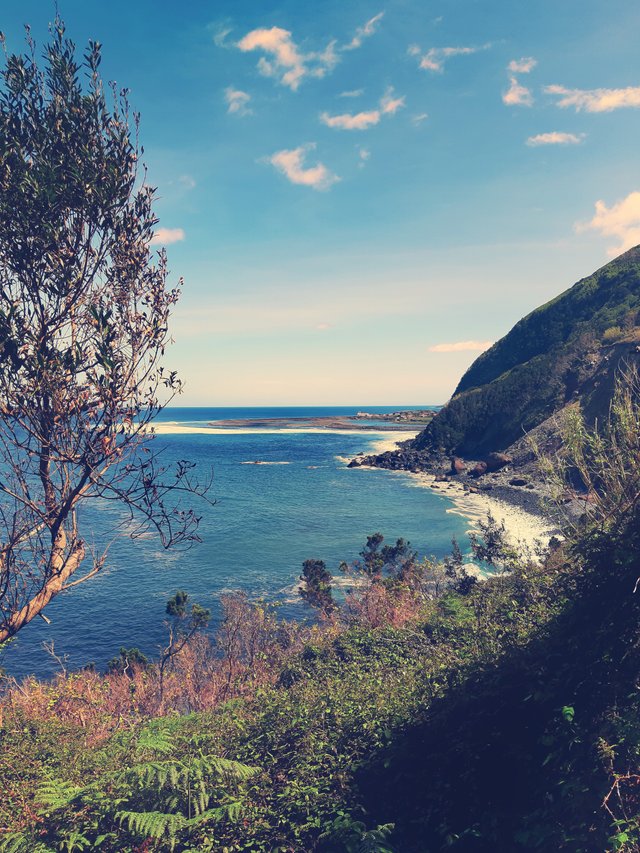Italy Community
What was the role of the captain-donataries?
As the islands were uninhabited, it was necessary to explore, populate, cultivate, and, in short, administer them. Since the monarchs were more interested in the results than the processes, they saw no reason to take on these responsibilities directly. Therefore, the islands were entrusted to a donatary, more specifically to Prince Henry the Navigator, the central figure of Portuguese maritime discoveries. In exchange for various duties, the Prince had considerable authority over the archipelago. Globally, he benefited from the revenues of the various islands and was also responsible for administering justice over the populations. However, it is important to note that, despite the broad prerogatives granted to the Prince, the Crown did not relinquish certain powers that were considered inalienable, such as the highest justice (death sentences and amputations), declarations of war and peace, and coin minting. In this way, the superior interests of the state were safeguarded.
It happens that, while the kings did not want to directly assume the administration of the islands, the donataries did not do much better, as none of them even bothered to visit the Azores. Therefore, they immediately sent trusted men to the various islands to represent them: the captain-donataries. The captains were generally members of the minor nobility connected to the donatary and, as a reward for services rendered (usually linked to the expansionist enterprise), were granted the position for life and as a hereditary title. They also accumulated a series of privileges and powers: they distributed land to settlers under a "sesmarias" system, received a portion of the rents from the captaincies (the "redízimo"), had a monopoly over cereal mills, windmills, bread ovens, and sugar mills, controlled the sale of salt on the islands (which was highly profitable), and administered justice over the populations, among other things. In other words, each captain was responsible for administering a captaincy, which was passed down to the eldest male child.
Due to the wide range of powers and privileges they held, and the economic revenues they enjoyed, the captain-donataries (or simply captains, when they came to depend directly on the king) were privileged people, the most powerful and distinguished in the local hierarchy.

I am sharing photos of landscapes, moments and experiences. Nature and sea are the most visited themes in my photo collection, but any attention-grabbing aspect can be photographed. Hope you enjoy it...
| Category | #italy |
| Location | São Jorge Island - Azores |

)
Upvoted! Thank you for supporting witness @jswit.
Downvoting a post can decrease pending rewards and make it less visible. Common reasons:
Submit
Downvoting a post can decrease pending rewards and make it less visible. Common reasons:
Submit
Thanks for stopping by :) I really appreciate the support :) Cheers :)
Downvoting a post can decrease pending rewards and make it less visible. Common reasons:
Submit